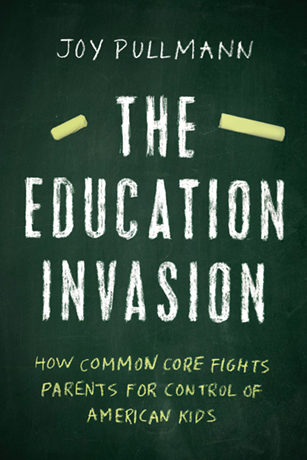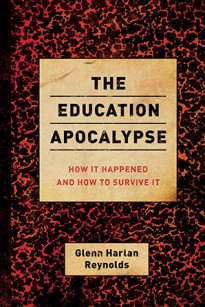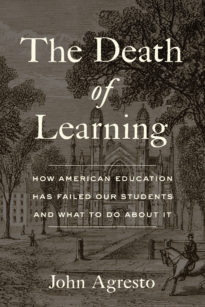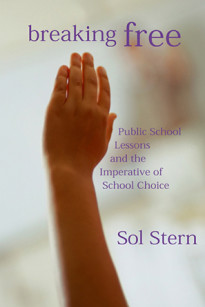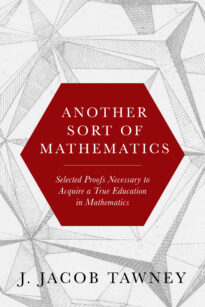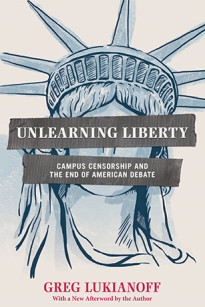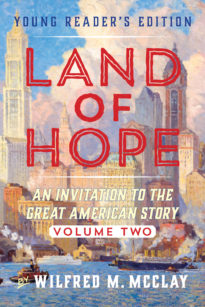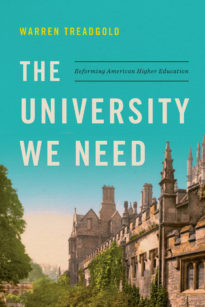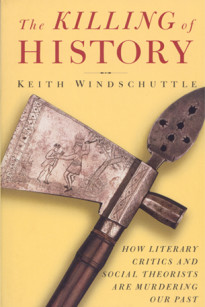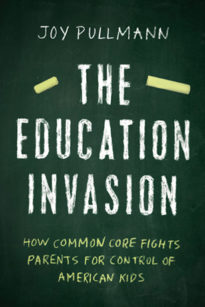In 2009, a conglomerate of unelected, self-appointed officials met behind closed doors to create a set of rules that would outline what children must learn in every grade in core K-12 classes. In 2010, the Obama administration required states to use these rules for curriculum and tests to have a chance at extra federal money during the Great Recession. Three years later, most Americans told pollsters they had no idea what common Core was.
Their children were beginning to find out, however. Pullmann tugs on a thread that leads to a big tangle of history, politics, and intrigue that together help explain why small children must sit and cry over math homework while their parents look on helplessly. Early test results suggest Common Core means American kids will learn less. Why, then, did we do it? Who made out like bandits while kids and self-governance suffered? And how can Americans ensure their children won’t be served the same rewarmed brain hash they have rejected time and time again?
